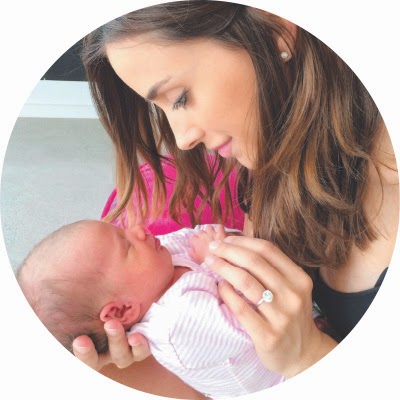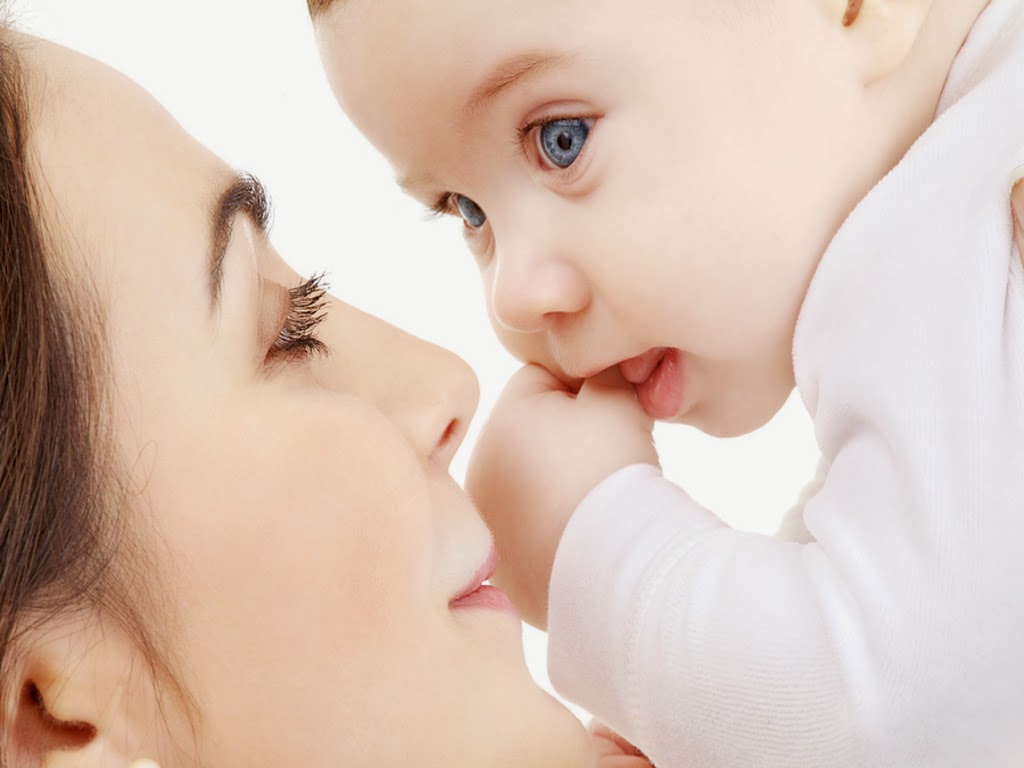Babies and their fears
Babies of a year may become fascinated with one thing for several weeks on - for instance, the telephone, planes over head, electric lights (in my case, the wash machine). We should let them touch and become familiar with objects that are not dangerous or disturbing. It's also wiser for us, parents, not to play up to their interest, or, if it's something dangerous,not to dwell on the danger. It's better to distract them with something else, then to increase their awe.
At this age babies may be frightened by strange objects that move suddenly or make a loud noise, such as folded pictures that popup from a book, the opening of an umbrella, a vacuum cleaner, a siren, a barking jumping dog, a train, etc.
Try not to have these startling things too close to 1-year-olds until they get used to them. If the vacuum cleaner bothers them, try not to use it for a while, at least while they're nearby. Then try it the first time when they are some distance away.
 The umbilical cord contains powerful stem cells that have been used to regenerate healthy blood and immune systems. Cord blood stem cells have been used in more than 35,000 transplants worldwide. Doctors are also researching cord blood as potential treatment for conditions that currently have no cure. Stem cells are able to transform into other types of cells in the body to create new growth and development. They are the building block of the immune system. The transformation of these cells provides physicians with a way to treat leukemia and some inherited health disorders.If parents do not decide to collect the stem cells, they are discarded as medical waste, if not collected at birth. Usually the volume of stem cells collected is quite small, so these cells are usually used for children or small adults. So, the stem cells are frozen and stored by cord blood banks or programs until they are needed.
The umbilical cord contains powerful stem cells that have been used to regenerate healthy blood and immune systems. Cord blood stem cells have been used in more than 35,000 transplants worldwide. Doctors are also researching cord blood as potential treatment for conditions that currently have no cure. Stem cells are able to transform into other types of cells in the body to create new growth and development. They are the building block of the immune system. The transformation of these cells provides physicians with a way to treat leukemia and some inherited health disorders.If parents do not decide to collect the stem cells, they are discarded as medical waste, if not collected at birth. Usually the volume of stem cells collected is quite small, so these cells are usually used for children or small adults. So, the stem cells are frozen and stored by cord blood banks or programs until they are needed.















